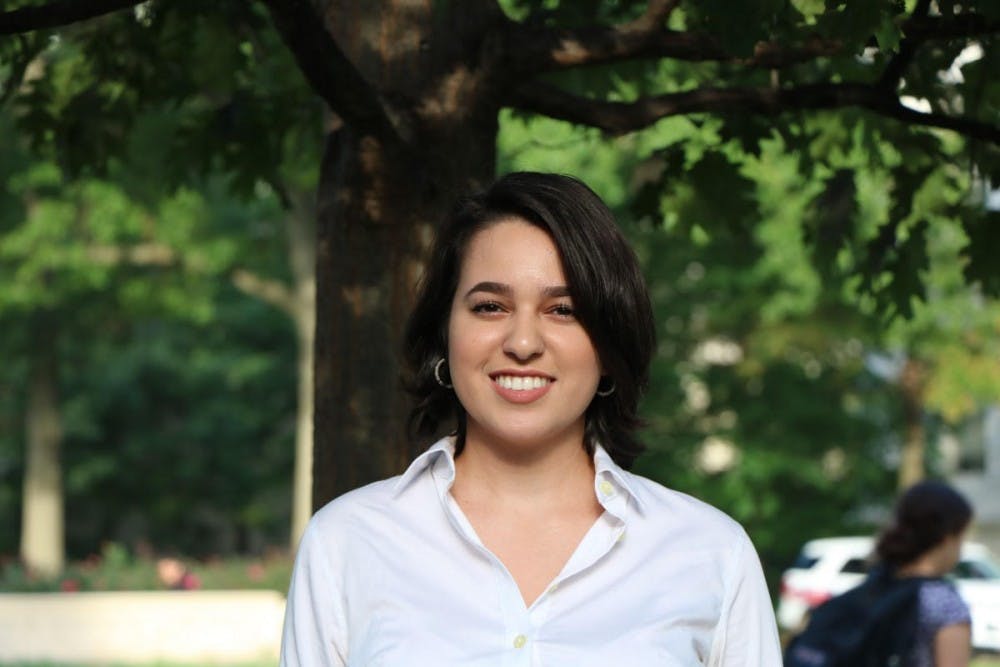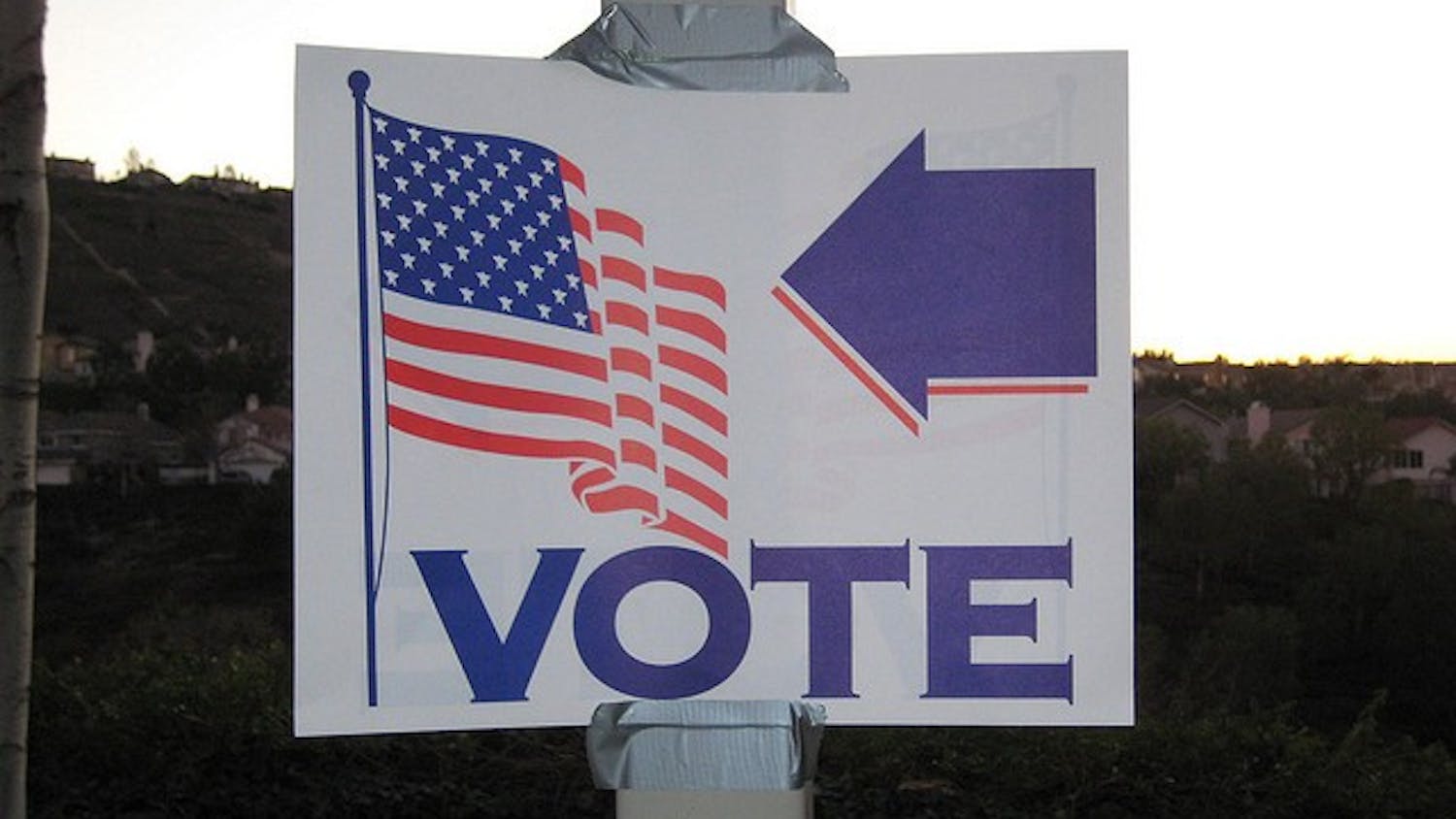On Oct. 26, the long awaited remake of a decades old TV show, “The Chilling Adventures of Sabrina,” was released on Netflix. In trailers and teasers, it promised to be dark and compelling, a subversion from the original “Sabrina the Teenage Witch.” I watched the whole series in an embarrassingly short time span and enjoyed it, but there was something nagging that pulled at me. The show had an immensely diverse cast, one that goes beyond a lot of modern shows today, but failed to deliver on the genuine heart of representation.
Without spoiling the show, in several moments in early episodes, Sabrina took the problems of her friends into her own hands. I am not arguing against the fact that Sabrina did what any good person would do and stand up for her friends, but what frustrated me was that her diverse friends were helpless and could do nothing to correct their own issues. Granted, not every diverse character within the show suffers from vulnerability, but the ones that struggle with acceptance because of their identity are virtually powerless without the protagonist. Thankfully, “The Chilling Adventures of Sabrina” progressively gets better about this issue. However, the show’s treatment of the issue opens a conversation on how media introduces characters of diverse backgrounds without actually properly representing them.
This structure of reliance is common, where supporting characters need the help of the main character in order to achieve their goal. Problems of representation only arise when those supporting character’s perspectives are muted, especially when the storyline focuses on diversity. It’s the combination of putting diverse characters in defenseless positions because of the fact that they are diverse, and having the solution to these problems be the guiding hand of the archetypal character of privilege.
It’s not about diverse characters failing to solve problems without the major help of an ally, but diverse characters failing to solve diversity-related problems without the major help of an ally.
Understandably, in the real world, these things do happen and allies sometimes play a key role in how the conversation of diversity even begins. Not every person is steadfast and strong, therefore not every character, diverse or otherwise, need be as well. So while diverse characters don’t have to be the champions of their own destinies in every situation, they still need a voice to express their feelings.
The very nature of diversity is manifested in diverse opinions. When you have a character speaking for all people, it removes the entire point of the plotline in the first place. Representation isn’t just doing what’s right, but understanding why. Without those voices, the true importance of diversity can never be understood.
“The Chilling Adventures of Sabrina” isn’t an example of how terrible media representation is, but rather how mediocre it can be in some regards. The show felt empty at times when it came to these representation plotlines. Sabrina was the stand-in for all the supporting characters. This only changed when the audience finally began to see the perspectives of the other characters in later episodes.
While I am not arguing for supporting characters having their own intricate and independent storylines, I do believe that, when there is a storyline that involves them, they shouldn’t be relegated to a yes man for the main character. Most importantly, if the storyline is about representation, it is hypocritical to not include their struggles or views in lieu of those of the (white) main character.
While some representation is better than no representation, it’s important to continue to demand that media does better. Writing in characters of diverse backgrounds does not equate to diversity. Having those characters constantly relying on privileged majorities undermines the entire purpose of a diverse character. Varied perspectives is important in every process of telling a story, from those writing it to the characters within it.
Having one stagnant view of only the protagonist’s feelings is defeating when writers are trying to keep representation in mind. Marginalized groups should accept ally support, but not be told that ally leadership is the only way to get their demands met. Stories of diversity need to do better, be more inclusive and intersectional, and ultimately give a voice to everyone.
Leonor Fernandez is a senior in the College of Arts and Sciences and a columnist for The Eagle.
This article originally appeared in The Eagle's November 2018 fall print edition.





